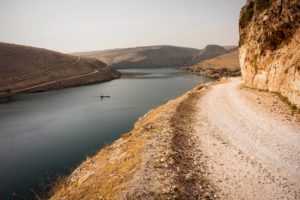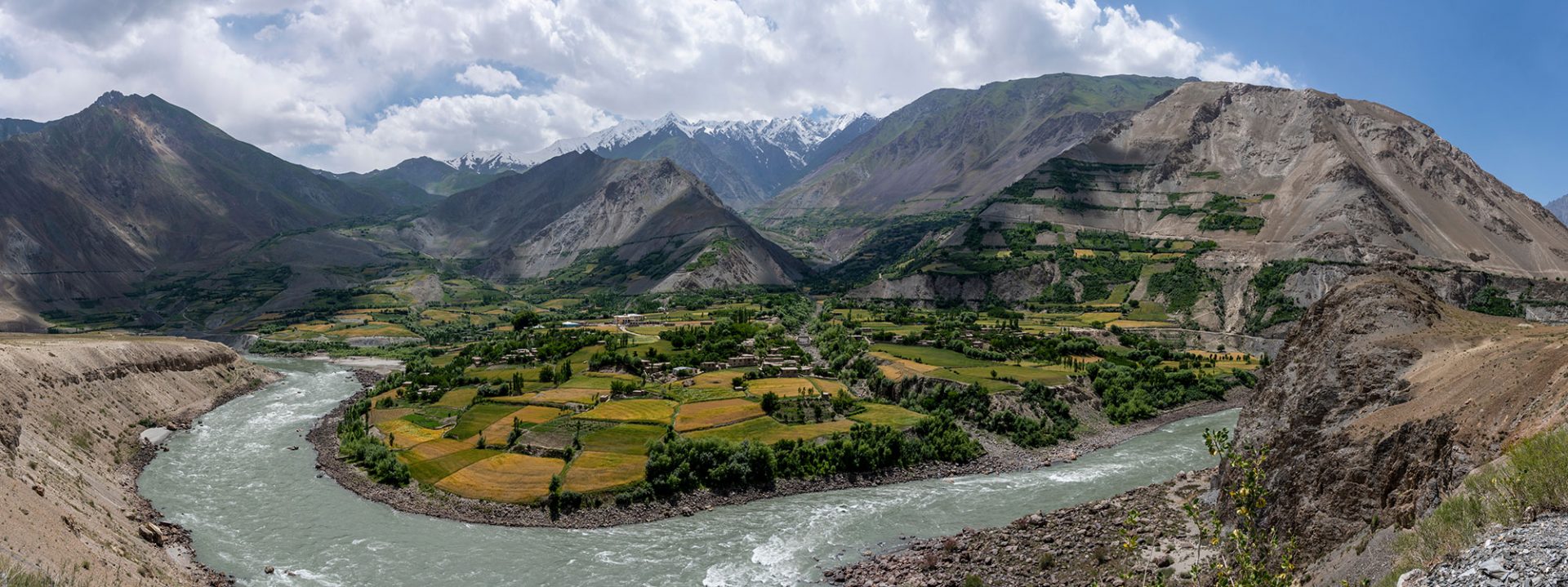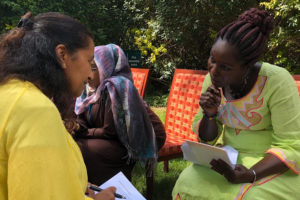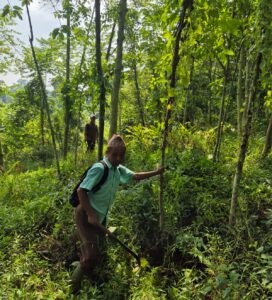What does it take to build peaceful water cooperation? 3 questions to Julienne Ndjiki and Katie Goldie-Ryder
“Countries ought to be willing to compromise a little more and at higher level to better understand the other countries plans, integrate them into their own to create a perfectly synchronized cooperation model.”
How do your projects support peaceful water cooperation now and in the future?
KGR: Through the Shared Waters Partner, SIWI supports peaceful water cooperation by creating a safe dialogue space where a broad range of actors sharing a water resource can advance knowledge and understanding on shared climate-related risks and discuss solutions. SIWI’s approach focusses on building trust between actors in a basin.
JN: Our approach is also to foster cooperation beyond the border of the respective river basin supported by the SWP. For instance, when it is possible to combine funding, initiatives are organized to have a variety of stakeholders involved in diplomatic processes in several capacities.
KGR: SIWI also promotes the inclusion of women water professionals and young water professionals in our activities. This includes mainstreaming across all activities and basin dialogues as well as targeted support such as the Women in Water Diplomacy Network in the Nile and the Women Water Management Network in Central Asia and Afghanistan.
“Water cooperation can be an entry point for dialogue where other grievances have existing or will emerge in the future.”
What does the future of water cooperation look like to you?
JN: The future of water cooperation will require countries to work together more closely and to be willing to compromise for the benefit of all. Tradeoffs will need to be at play and the value of water brought forward in a more prominent way in order to break silos and foster partnerships among the various sectors for which water is critical.
KGR: SIWI will continue to support the strengthening of networks and open dialogue processes, for both formal and informal communication amongst actors in a basin, including countries and other stakeholders.
Water cooperation can be an entry point for dialogue where other grievances have existing or will emerge in the future. So, water cooperation processes will need to anticipate and respond to the challenges posed by climate change and focus on ensuring water security, protecting livelihoods and maintain regional stability. This includes better information and stat sharing and over all increased transparency. Cooperation over shared water resources will require that countries face future challenges collectively and support shared solutions.















